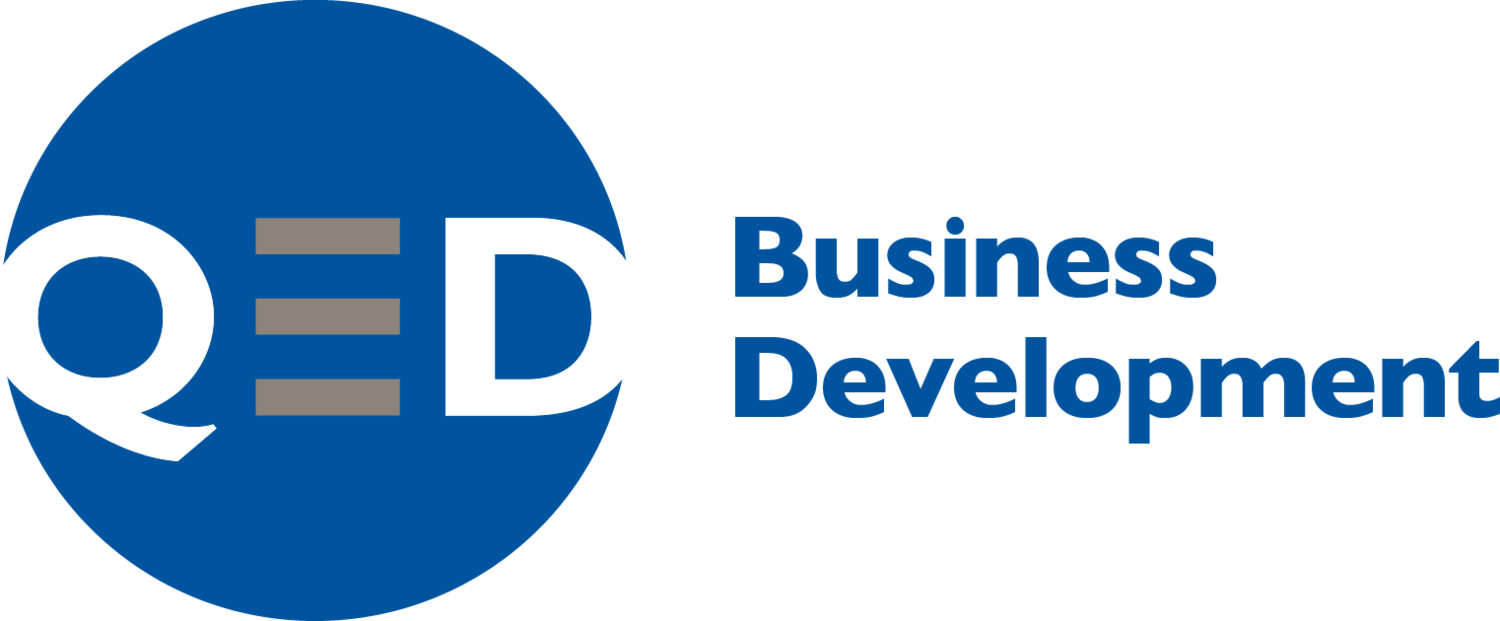I have written before about reflecting honestly about your good and bad habits and how you might want to select a single one to eliminate, adopt, or enhance in order to improve your outcomes. And I shared that I think the number one thing that people don’t do enough, is visualise their meetings, using the power of planning to do it.
But I haven’t give you the detail about what a good plan might constitute and I want to rectify that today.
It doesn’t need to take long. If you are meeting a relatively new contact your plan might centre around finding out how they buy services and for what purposes. This might require you to have reviewed their website, and written down a few questions to ask that show you have some experience in the challenges faced by people in their industry or position. This could take five minutes.
Or you might need to take 15-20 minutes coordinating with a colleague who is also attending the meeting, to ensure you have an aligned view of the expected direction for the meeting, and know how you’ll price things in the event it went that way.
Some of you may have even been involved in ‘beauty parades’ where much more effort has gone into an oral presentation/pitch including speech coaching, dress codes, designated speaking parts, and deeply considered responses to expected questioning.
I want to simplify it, and get you take some of those lessons and use them in a pared down way, in all your interactions, by using the following template:
Today's BD tip:
The template I use is called ASQQA ('asker'):
Agenda – what are the three bullet points you would table if pressed? What do you, and the client, need to address?
Story – what is the most relevant example you have that illustrates you having solved problems for people that are similar in nature to the person or company you are about to meet? Why did it work? What did you see?
Questions to ask? – what information would be of benefit to you and client to discuss and explore? Is it about an issue or a process? Is it about a risk or an opportunity?
Questions to anticipate? Every client has questions. What will they be and what should be your most considered response to them? Don’t be surprised the client may want to speak about fees. Don’t be surprised they may have an incumbent provider. How will you respond?
Action – what likely actions could or should be taken if the rest of the meeting goes according to the plan? Visualise this and you’re more likely to seek it. [Note: I will caution you, though, that a planned action will obviously change if you receive different information during the course of the meeting. However, this just changes the action, it doesn’t eliminate the expectation of one.]
[First published on LinkedIn in Nov 15 under the title 'How do I plan for win-win meetings?']

